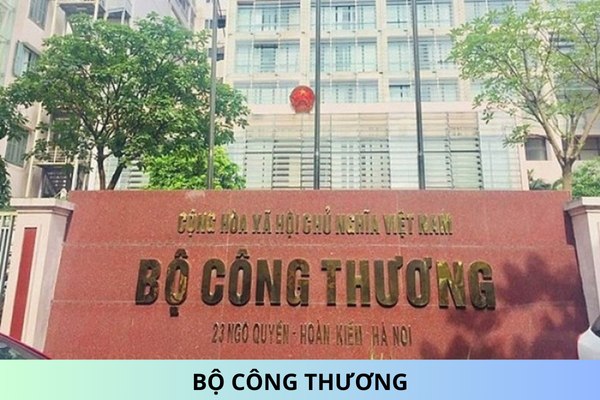Is the Charter of the Communist Party a Legal Normative Document?
Legal normative documents are documents that contain legal norms and are issued in accordance with the proper authority, form, sequence, and procedures. Documents that contain legal norms but are issued without the correct authority, form, sequence, or procedures do not qualify as legal normative documents.
Article 4 of the 2015 Law on Promulgation of Legal Normative Documents, amended in 2020, stipulates that the system of legal normative documents includes:
The Constitution.
Codes, laws (hereinafter collectively referred to as laws), and resolutions of the National Assembly.
Ordinances and resolutions of the Standing Committee of the National Assembly; joint resolutions between the Standing Committee of the National Assembly and the Presidium of the Central Committee of the Vietnam Fatherland Front; joint resolutions between the Standing Committee of the National Assembly, the Government of Vietnam, and the Presidium of the Central Committee of the Vietnam Fatherland Front.
Orders and decisions of the President.
Decrees of the Government of Vietnam; joint resolutions between the Government of Vietnam and the Presidium of the Central Committee of the Vietnam Fatherland Front.
Decisions of the Prime Minister of the Government of Vietnam.
Resolutions of the Judicial Council of the Supreme People's Court.
Circulars of the Chief Justice of the Supreme People's Court; circulars of the Chief Procurator of the Supreme People's Procuracy; circulars of Ministers and Heads of ministerial-level agencies; decisions of the State Auditor General.
Resolutions of the People's Councils of provinces and centrally-run cities (hereinafter collectively referred to as provincial level).
Decisions of the People's Committees at the provincial level.
Legal normative documents of local governments in special administrative-economic units.
Resolutions of the People's Councils of districts, urban districts, district-level towns, provincial cities, and cities under centrally-run cities (hereinafter collectively referred to as district level).
Decisions of the People's Committees at the district level.
Resolutions of the People's Councils of communes, wards, and commune-level towns (hereinafter collectively referred to as commune level).
Decisions of the People's Committees at the commune level.
Therefore, party regulations are not considered legal normative documents.
Sincerely!










